|
| |
|
|
|
|
| 1 |
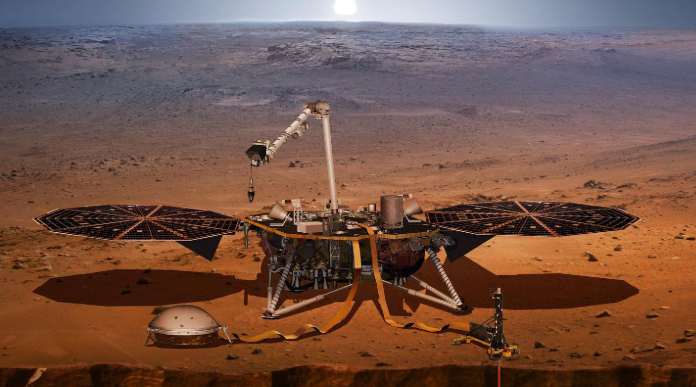 |
Water on Mars – Past and Present
Mars is a dry and cold planet today. Its red surface is covered with dust and rocks. But long ago, Mars was very different. Scientists believe that Mars once had rivers, lakes, and even oceans. There ...
|
| E-BOOK
|
|
| 2 |
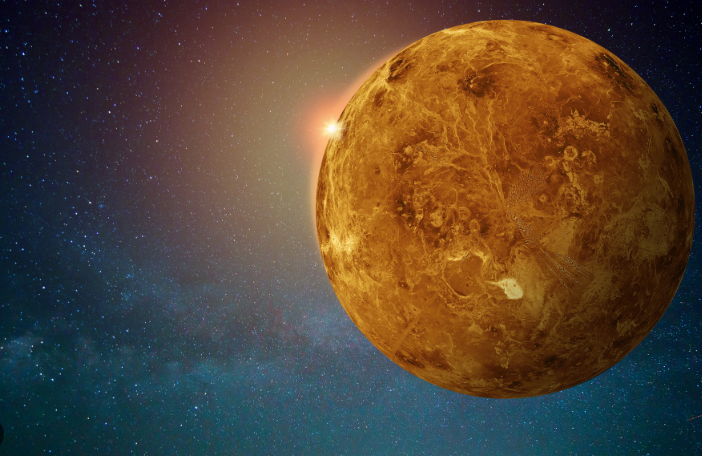 |
Why Venus Is the Hottest Planet
Venus is the hottest planet in our solar system. Many people think Mercury should be the hottest because it is closest to the Sun. But Mercury has a very thin atmosphere, so heat escapes quickly. Venu...
|
| E-BOOK
|
|
| 3 |
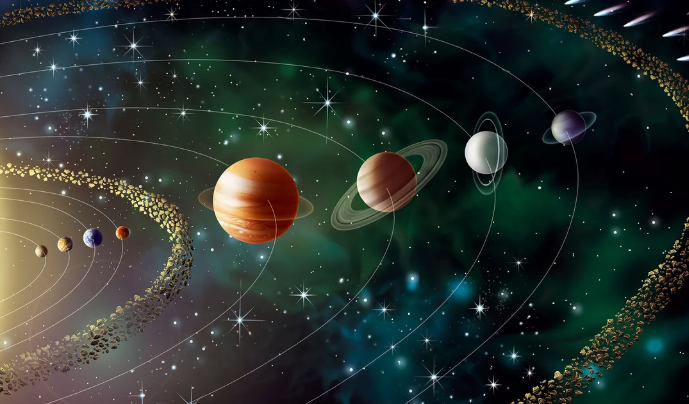 |
Exploring the Solar System
The solar system is a vast and exciting place. It has eight planets, many moons, and countless asteroids. Each planet is unique, with different colors, sizes, and temperatures. Let’s take a journey ...
|
| E-BOOK
|
|
| 4 |
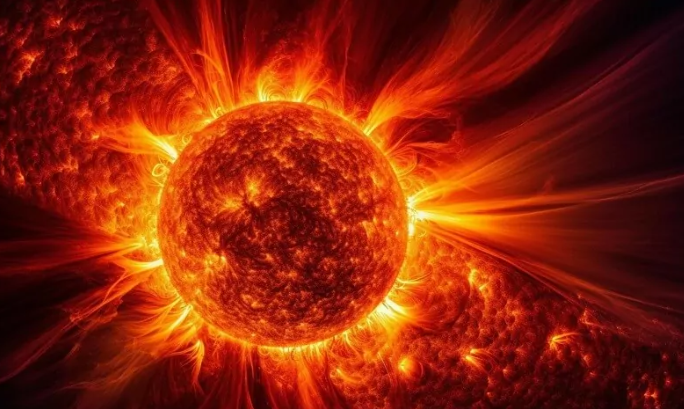 |
What Kind of Star Is the Sun?
The Sun is the center of our solar system. It is a huge, bright star that gives us light and heat. Without the Sun, life on Earth would not exist. Scientists believe that the Sun formed about 4.6 bill...
|
| E-BOOK
|
|
| 5 |
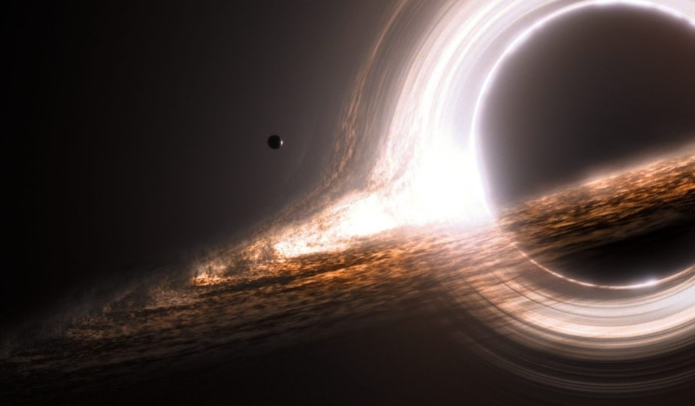 |
The Secrets of Black Holes
Black holes are one of the most mysterious objects in space. They are so powerful that nothing, not even light, can escape from them. But what exactly are black holes?
A black hole forms when a ver...
|
| E-BOOK
|
|
| 6 |
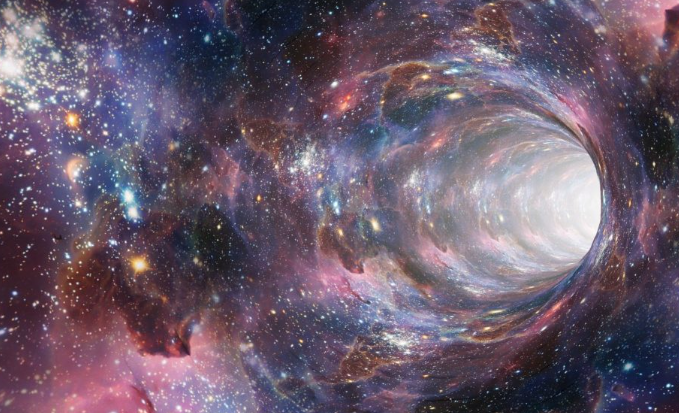 |
How Does Time Flow in Space?
Time does not always flow the same way everywhere. In space, time can slow down or speed up depending on gravity and speed. This strange effect is explained by Einstein’s theory of relativity.
If...
|
| E-BOOK
|
|
| 7 |
 |
Do Aliens Really Exist?
Many people wonder if aliens exist. Scientists are searching for life beyond Earth using powerful telescopes and space missions. But so far, we have not found clear evidence of aliens.
Earth has pe...
|
| E-BOOK
|
|
| 8 |
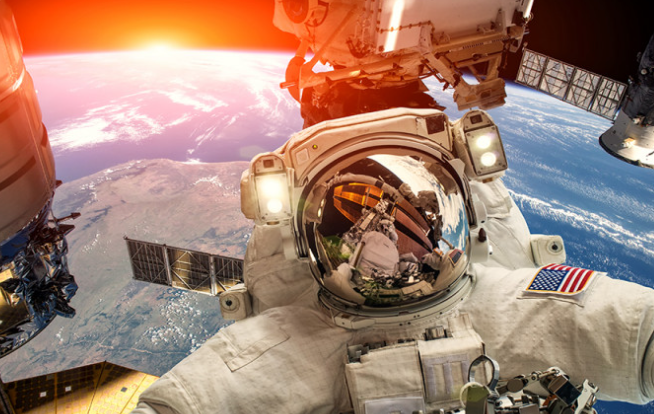 |
Life on a Space Station
Astronauts live and work on the International Space Station (ISS). The ISS orbits Earth at high speed, and life there is very different from life on Earth.
In space, there is no gravity, so everyth...
|
| E-BOOK
|
|
| 9 |
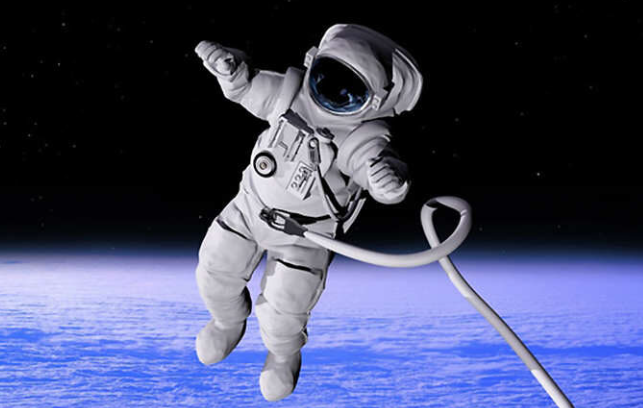 |
Why Do Objects Float in Space?
In space, everything floats. Astronauts, tools, and even water droplets move freely inside a spaceship. This happens because of microgravity, a condition where gravity is very weak.
Many people thi...
|
| E-BOOK
|
|
| 10 |
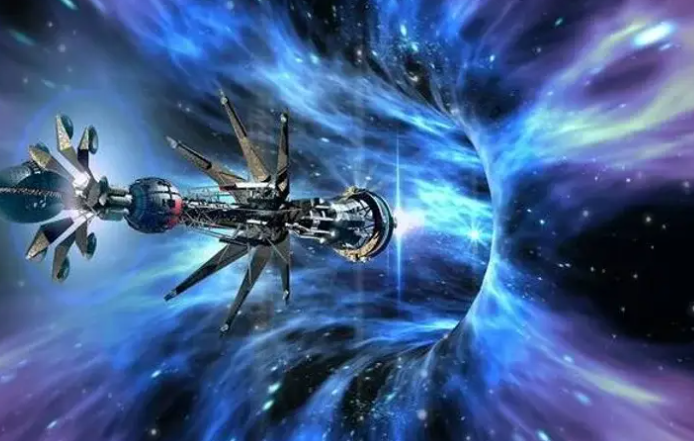 |
Is Anything Faster Than Light?
Light is the fastest thing in the universe. It travels at 299,792 kilometers per second, or about 1 billion kilometers per hour. According to Einstein’s theory of relativity, nothing can move faster...
|
| E-BOOK
|
|
| 11 |
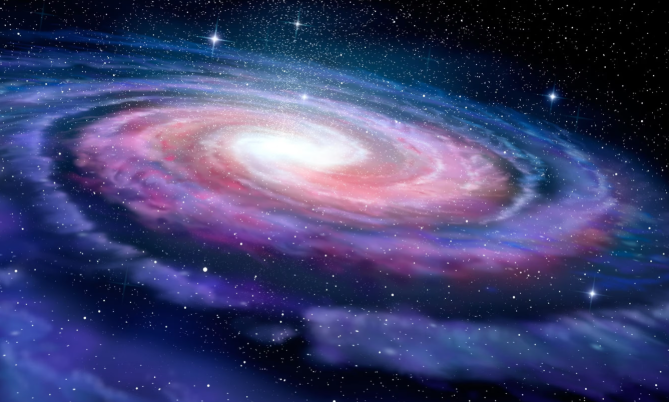 |
How Big Is Our Galaxy?
Our galaxy, the Milky Way, is an enormous collection of stars, planets, and gas. It contains hundreds of billions of stars and is so large that light takes about 100,000 years to travel from one side ...
|
| E-BOOK
|
|
| 12 |
 |
How Did Planets Get Their Names?
The planets in our solar system have names that come from mythology and science. Most of them were named after Roman gods and goddesses, while newer discoveries follow scientific naming rules.
The ...
|
| E-BOOK
|
|
| 13 |
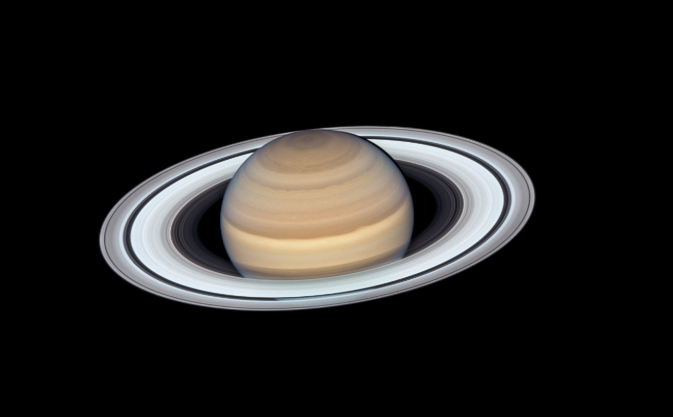 |
What Are Saturn’s Rings Made Of?
Saturn is one of the most beautiful planets in our solar system because of its rings. These rings are large, bright, and spread out over a vast area. But what are they made of?
Saturn’s rings are...
|
| E-BOOK
|
|
| 14 |
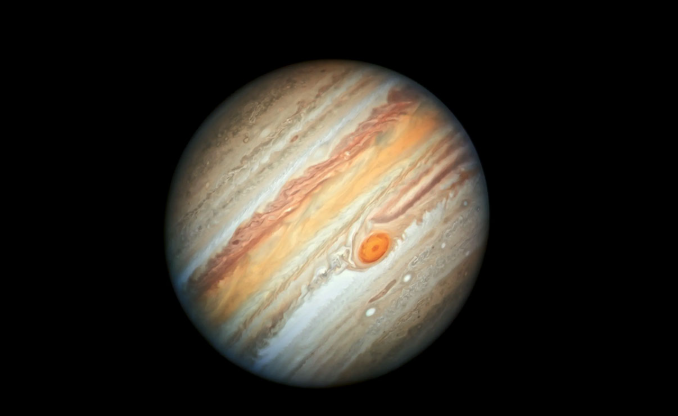 |
Why Is Jupiter So Big?
Jupiter is the largest planet in our solar system. It is so big that over 1,300 Earths could fit inside it. But why did Jupiter grow so much bigger than the other planets?
Scientists believe that J...
|
| E-BOOK
|
|
| 15 |
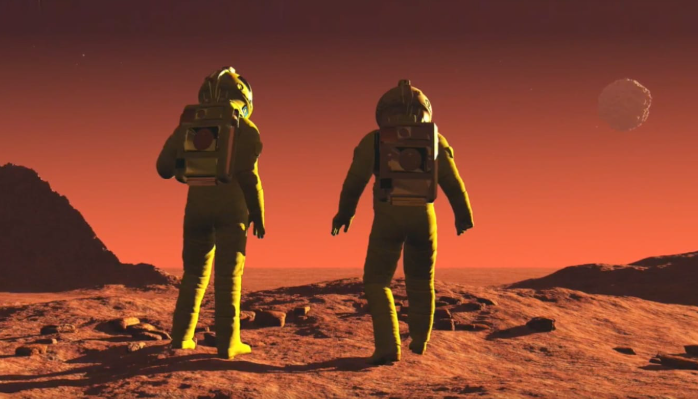 |
Could Humans Live on Mars?
Mars is one of the most Earth-like planets in our solar system. Scientists are studying whether humans could live there in the future. But living on Mars would be very challenging.
First, Mars has ...
|
| E-BOOK
|
|
| 16 |
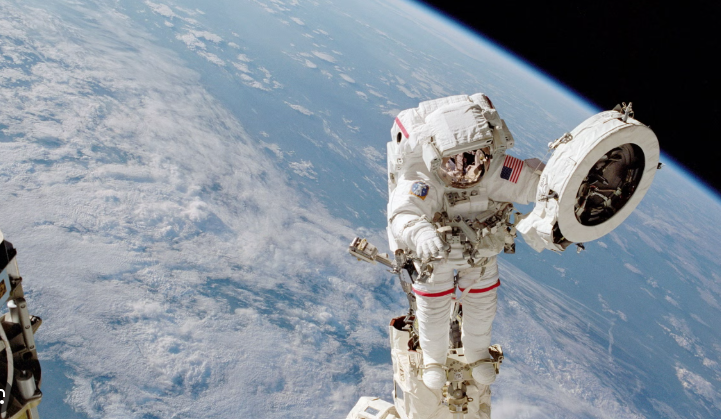 |
How Can Humans Breathe in Space?
Space is a vacuum, which means there is no air or oxygen. Without oxygen, humans cannot survive. So, how do astronauts breathe in space? The answer lies in space suits and life support systems.
Whe...
|
| E-BOOK
|
|
| 17 |
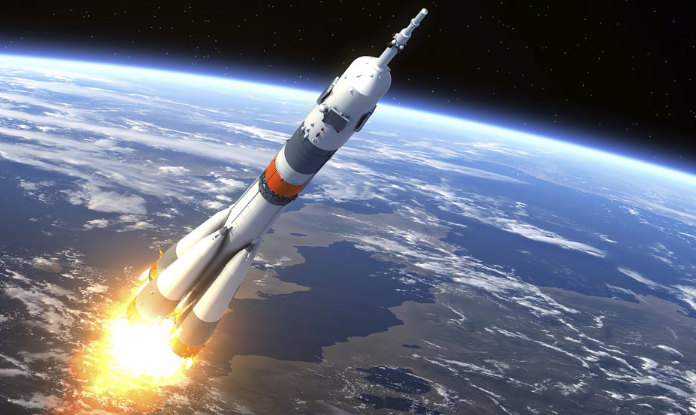 |
How Do Spacecraft Fly?
Spacecraft do not fly like airplanes. In space, there is no air for wings to push against. Instead, spacecraft use rockets and thrust to move. But how does this work?
Rockets move using Newton’s ...
|
| E-BOOK
|
|
| 18 |
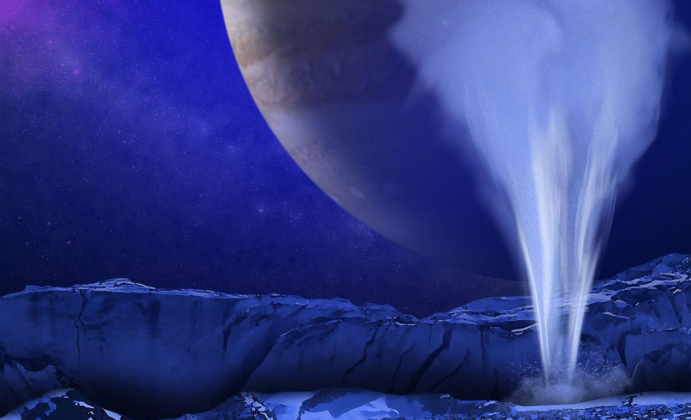 |
Can We Find Water in Space?
Water is essential for life, but can we find it in space? Scientists have discovered frozen water on the Moon and Mars. These discoveries are important because water could help future astronauts survi...
|
| E-BOOK
|
|
| 19 |
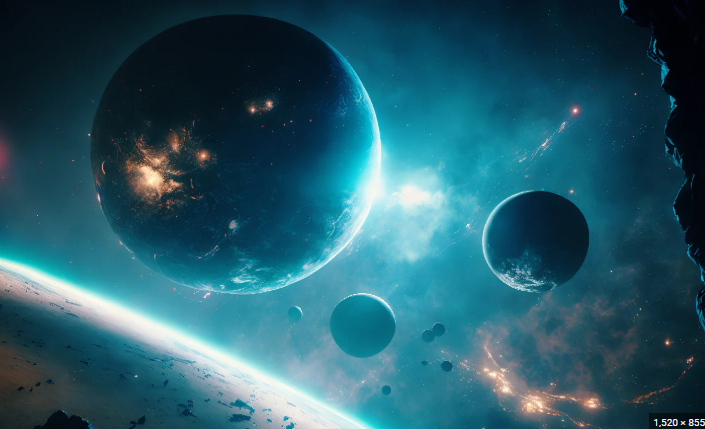 |
Exploring Exoplanets
For centuries, humans wondered if other planets existed beyond our solar system. Today, thanks to advanced telescopes and space missions, scientists have discovered thousands of exoplanets—planets t...
|
| E-BOOK
|
|
| 20 |
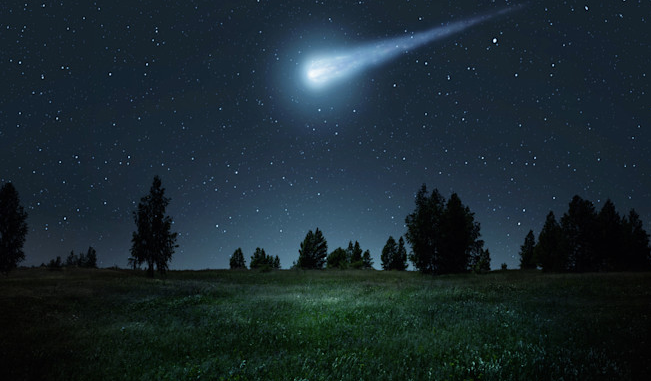 |
The Difference Between Meteors and Meteorites
Many people have seen shooting stars streak across the night sky, but these bright flashes are not stars at all. They are meteors, also known as falling stars. However, not all meteors reach the groun...
|
| E-BOOK
|
|
| 21 |
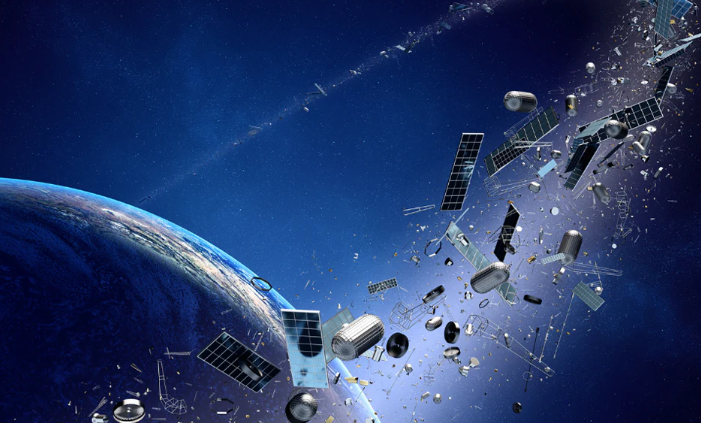 |
The Space Junk Problem
Thousands of satellites orbit Earth, helping with communication, weather forecasts, and scientific research. However, when satellites stop working, they become space junk. These pieces of old satellit...
|
| E-BOOK
|
|
| 22 |
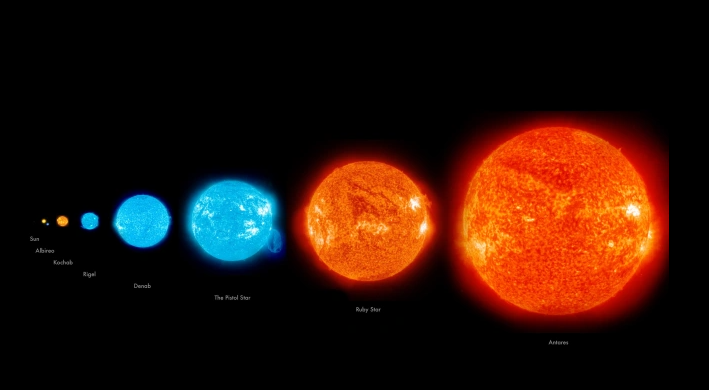 |
Shining Stars and Dying Stars
Stars are born, shine brightly, and eventually die. Their life cycle depends on their size and mass. Some stars live for billions of years, while others burn out much faster.
Stars begin as nebulae...
|
| E-BOOK
|
|
| 23 |
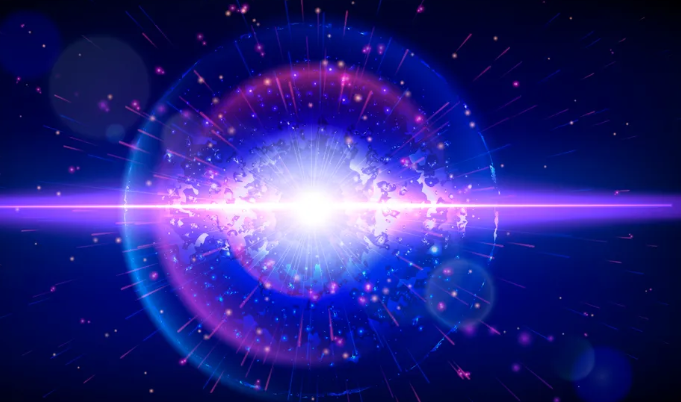 |
The Power of a Supernova
A supernova is one of the most powerful explosions in the universe. When a massive star reaches the end of its life, it can no longer hold itself together. Gravity causes the core to collapse, leading...
|
| E-BOOK
|
|
| 24 |
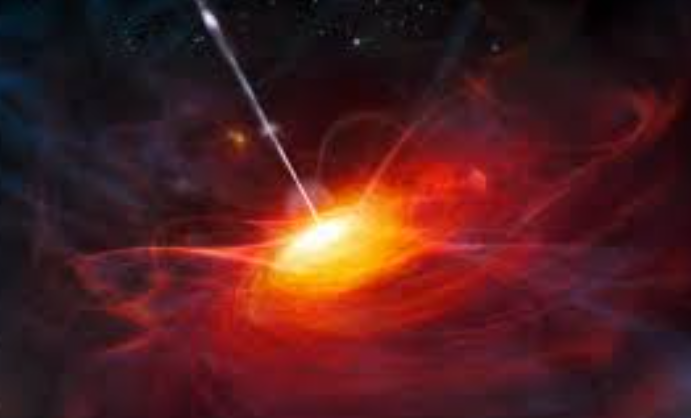 |
The Biggest Structures in the Universe
The universe is vast, and some structures are so large that they challenge our understanding of space. While planets and stars are big, they are tiny compared to the largest objects in the universe.
...
|
| E-BOOK
|
|
| 25 |
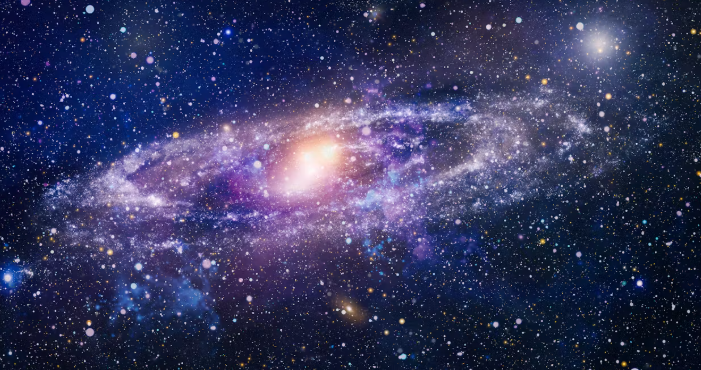 |
How Many Types of Galaxies Are There?
Galaxies are huge collections of stars, gas, and dust held together by gravity. There are billions of galaxies in the universe, and they come in different shapes and sizes. Scientists classify galaxie...
|
| E-BOOK
|
|
| 26 |
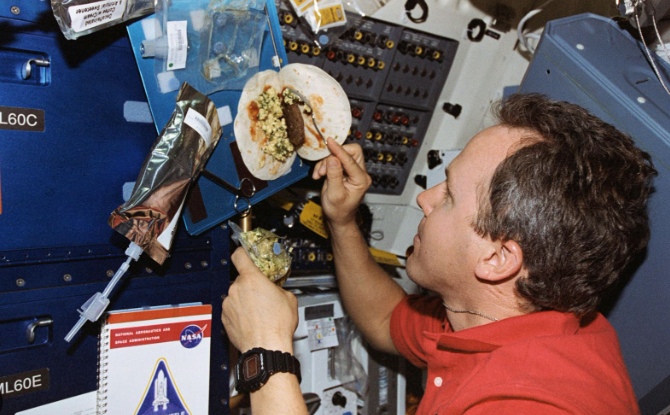 |
What Do Astronauts Eat?
Eating in space is very different from eating on Earth. In microgravity, food does not stay on a plate, and liquids float away. To solve this, astronauts eat special space food designed for zero gravi...
|
| E-BOOK
|
|
| 27 |
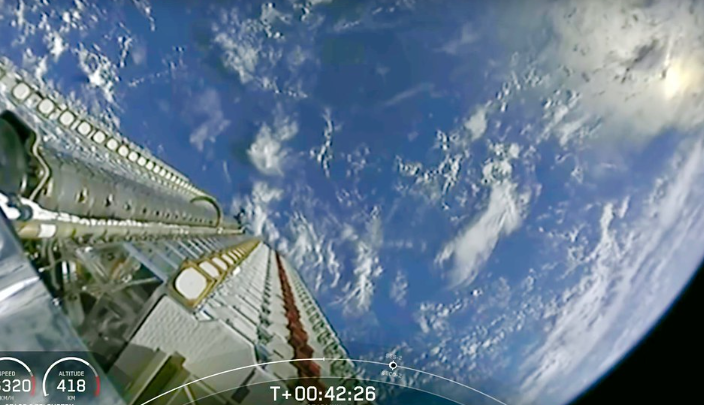 |
Is a Space Elevator Possible?
A space elevator is a futuristic idea that could change space travel. Instead of rockets, a long cable would connect Earth to space, allowing vehicles to travel up and down like an elevator. If possib...
|
| E-BOOK
|
|
| 28 |
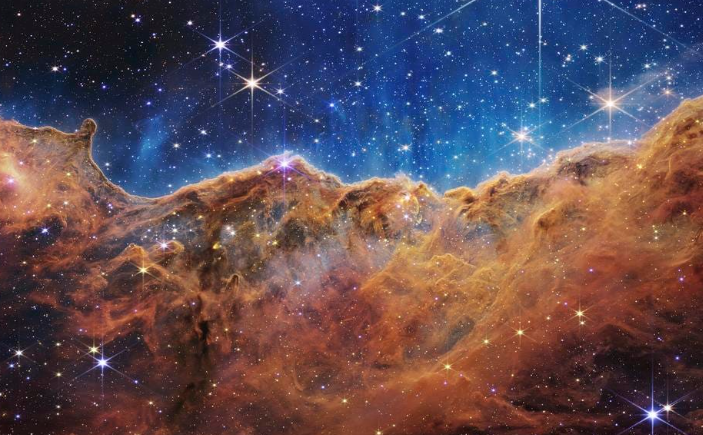 |
Can We Hear Sound in Space?
Sound needs a medium like air, water, or a solid object to travel. On Earth, sound waves move through air by vibrating molecules. But space is a vacuum, meaning it has almost no molecules. Without mol...
|
| E-BOOK
|
|
| 29 |
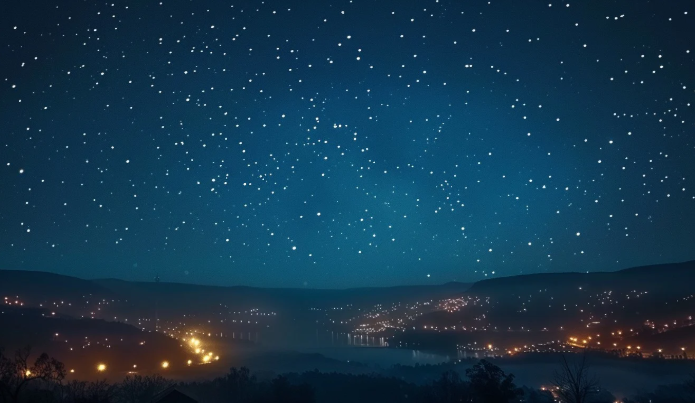 |
Why Do Stars Twinkle?
When we look at the night sky, stars seem to twinkle, but they do not actually change brightness. This effect happens because of Earth’s atmosphere and how light moves through it.
As starlight tr...
|
| E-BOOK
|
|
| 30 |
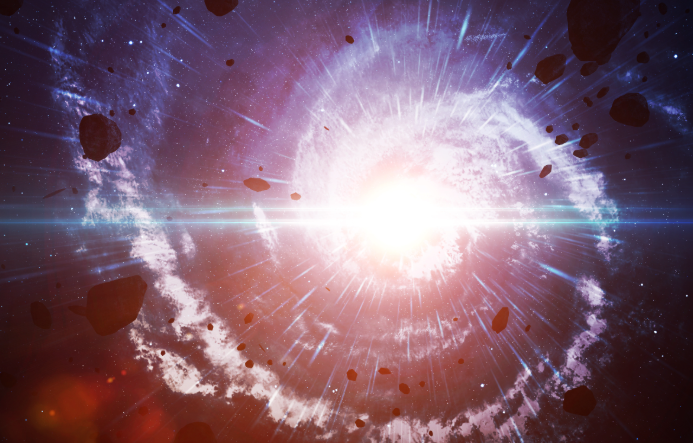 |
How Old Is the Universe?
Scientists believe the universe began with the Big Bang, a massive explosion that happened about 13.8 billion years ago. This event created all the matter and energy in the universe, including galaxie...
|
| E-BOOK
|
|
| 31 |
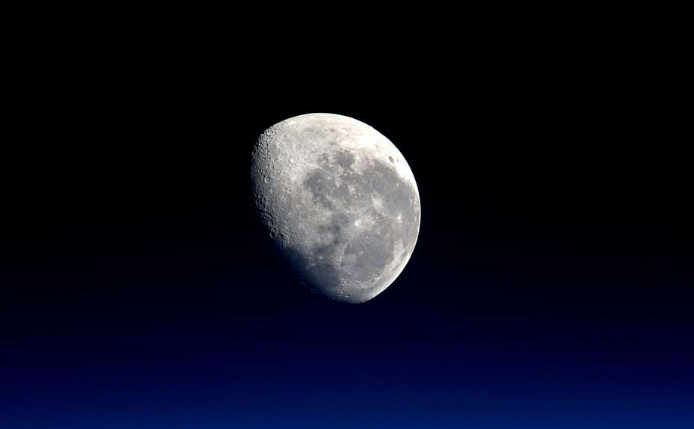 |
What Would Happen If the Moon Disappeared?
The Moon is more than just a beautiful object in the night sky. It plays an important role in Earth’s tides, climate, and rotation. If the Moon suddenly disappeared, Earth would face many changes.
...
|
| E-BOOK
|
|
| 32 |
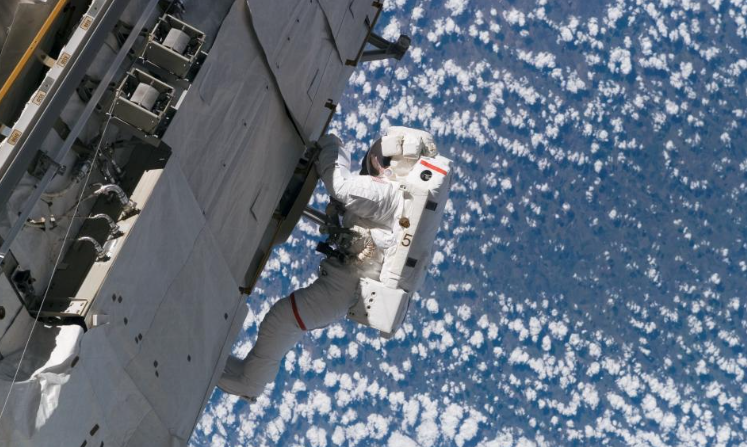 |
Can You Cry in Space?
Crying in space is different from crying on Earth. In microgravity, there is no gravity to pull tears down the face. Instead, tears stay in the eyes and form floating water bubbles. Astronauts say tha...
|
| E-BOOK
|
|
| 33 |
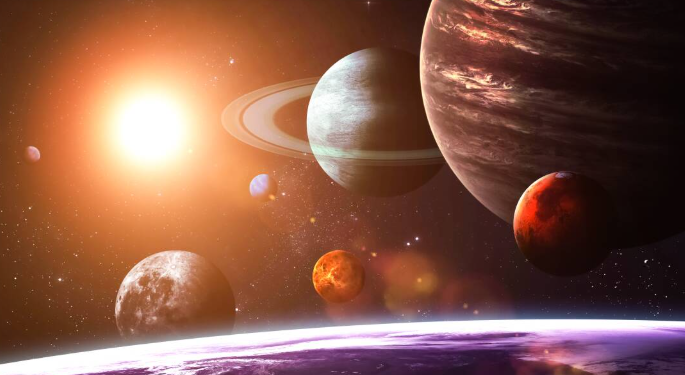 |
Do Other Planets Have Seasons?
Seasons on Earth happen because our planet is tilted at 23.5 degrees. This tilt causes different parts of Earth to receive more or less sunlight during the year. But what about other planets? Do they ...
|
| E-BOOK
|
|
| 34 |
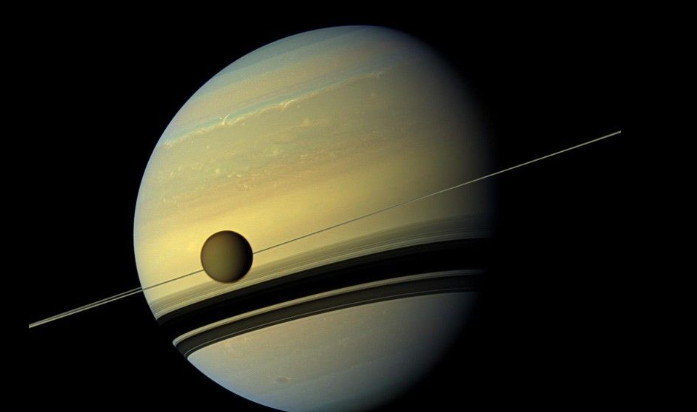 |
The Mystery of Titan
Titan is the largest moon of Saturn and one of the most fascinating places in the solar system. It is the only moon with a thick atmosphere and has lakes, rivers, and seas, making it the most Earth-li...
|
| E-BOOK
|
|
| 35 |
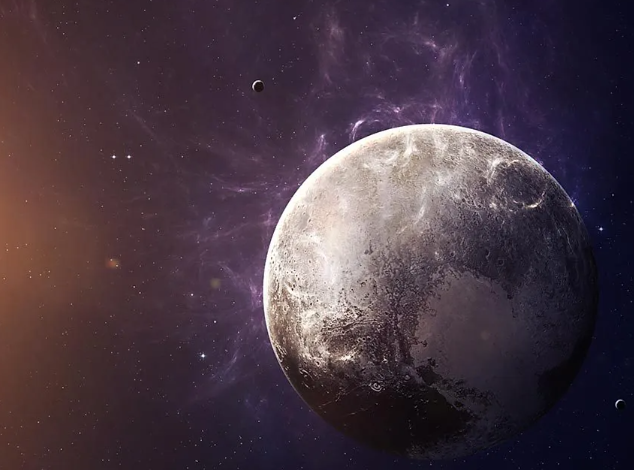 |
Why Is Pluto No Longer a Planet?
For many years, Pluto was considered the ninth planet of the solar system. However, in 2006, the International Astronomical Union (IAU) changed the definition of a planet, and Pluto was reclassified a...
|
| E-BOOK
|
|
| 36 |
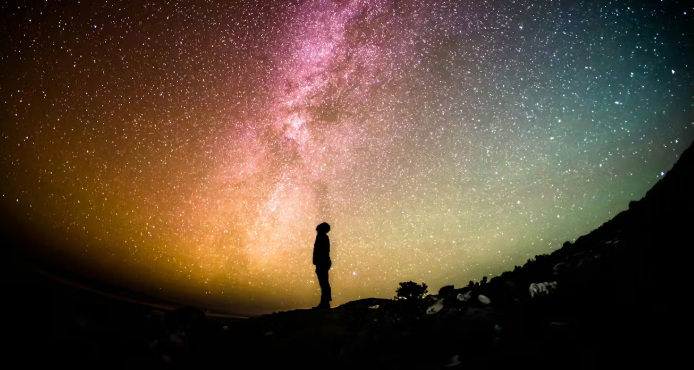 |
Where Is the Edge of the Universe?
The universe is expanding, but scientists do not know if it has an edge. Since the Big Bang happened 13.8 billion years ago, space has been growing. Some believe the universe is infinite, stretching f...
|
| E-BOOK
|
|
| 37 |
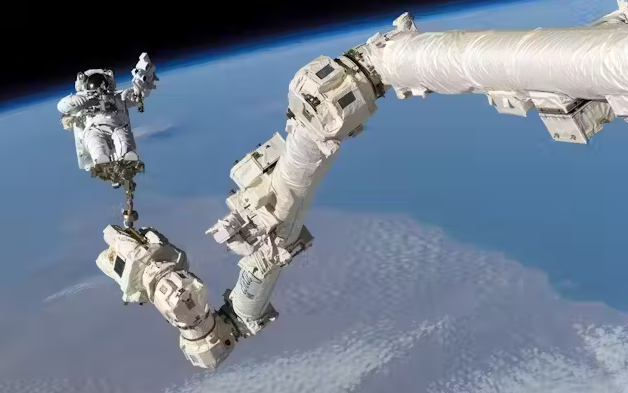 |
How Do Astronauts Stay Fit in Space?
In microgravity, astronauts do not use their muscles and bones as much as they do on Earth. Without exercise, their muscles weaken, and their bones lose density. To stay healthy, astronauts follow a s...
|
| E-BOOK
|
|
| 38 |
 |
The Origin and Stories of Constellations
Long ago, people looked up at the night sky and saw patterns in the stars. They connected these patterns to stories of gods, heroes, and creatures. These star patterns are called constellations. Many ...
|
| E-BOOK
|
|
| 39 |
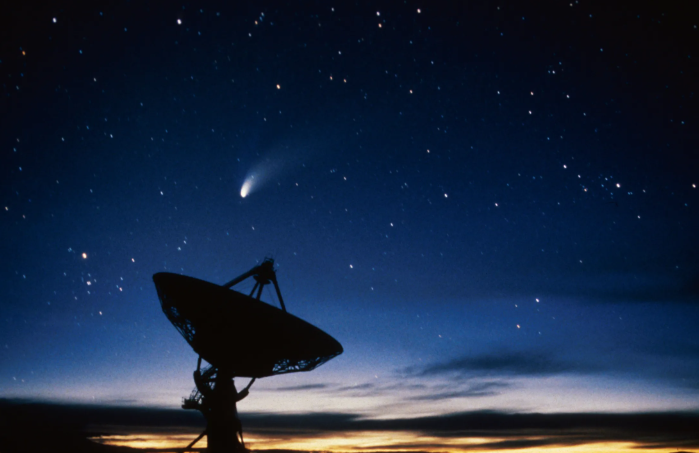 |
Have We Ever Detected Alien Signals?
For many years, scientists have searched the universe for signs of intelligent life. One way to do this is by listening to radio signals from space. Most space signals come from natural sources, like ...
|
| E-BOOK
|
|
| 40 |
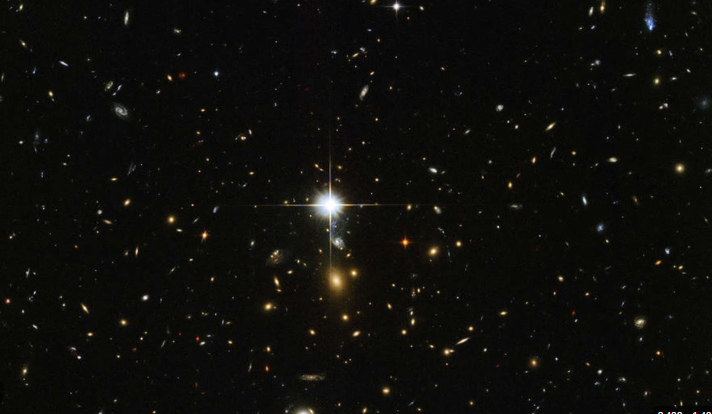 |
Why Is Space Dark?
When we look at the night sky, we see stars shining brightly. But why is space mostly dark? If the universe is full of stars, shouldn't the sky be bright everywhere?
This question is known as Olber...
|
| E-BOOK
|
|
| 41 |
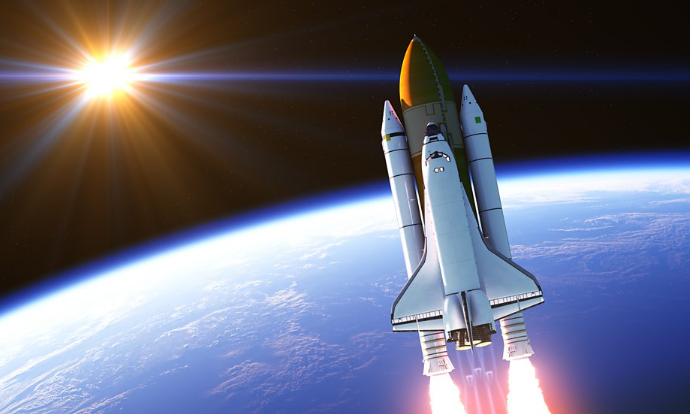 |
When Will Space Travel Become Common?
For a long time, space travel was only for astronauts. Governments spent billions of dollars to send people to space. However, today, private companies are working to make space travel available for o...
|
| E-BOOK
|
|
| 42 |
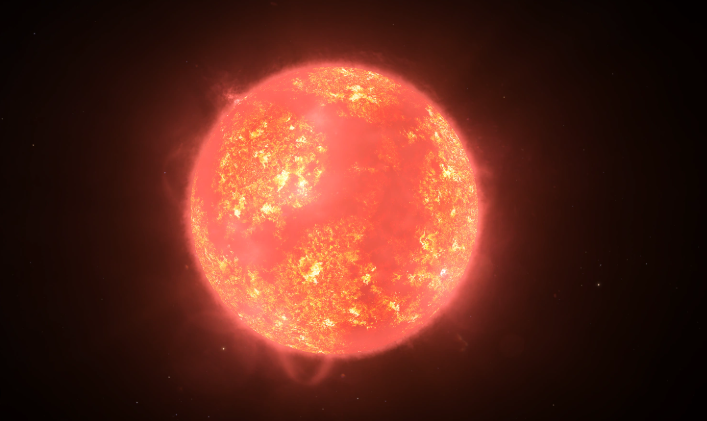 |
The Closest Star to Earth
The Sun is the closest star to Earth, but what is the next closest? The answer is Proxima Centauri, a small red dwarf star about 4.24 light-years away. It is part of the Alpha Centauri star system, wh...
|
| E-BOOK
|
|
| 43 |
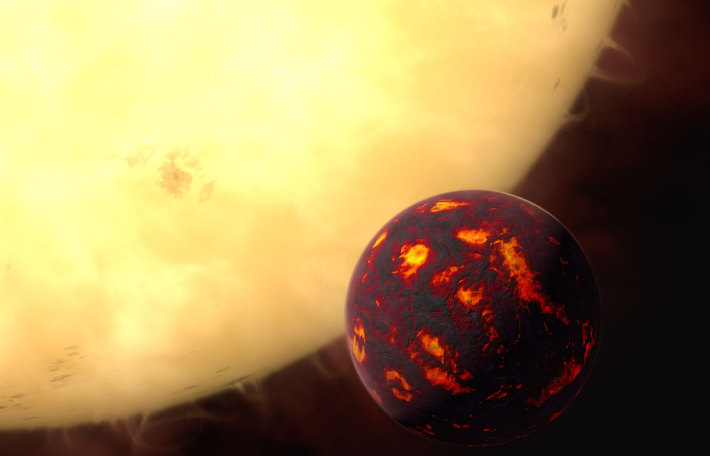 |
A Planet Made of Diamonds?
In the vast universe, there are many strange and fascinating planets. One of the most unique is 55 Cancri e, a planet that scientists believe may be made of diamond.
55 Cancri e is about 40 light-y...
|
| E-BOOK
|
|
| 44 |
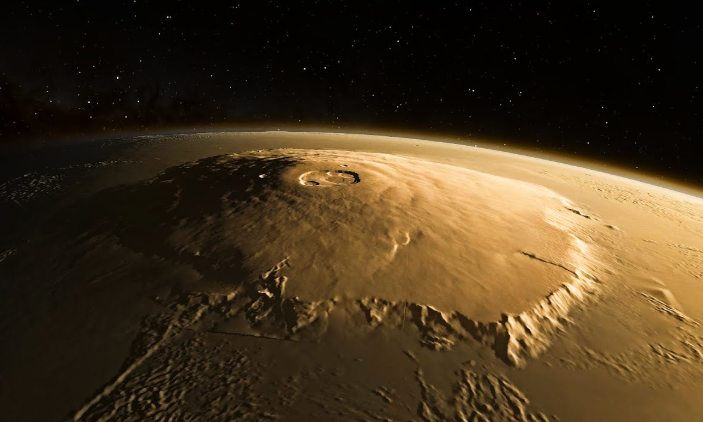 |
The Tallest Mountain in the Solar System
Mars is home to many fascinating features, but one of its most impressive landmarks is Olympus Mons, the tallest mountain in the solar system. It is a volcano that stands about 22 kilometers (13.6 mil...
|
| E-BOOK
|
|
| 45 |
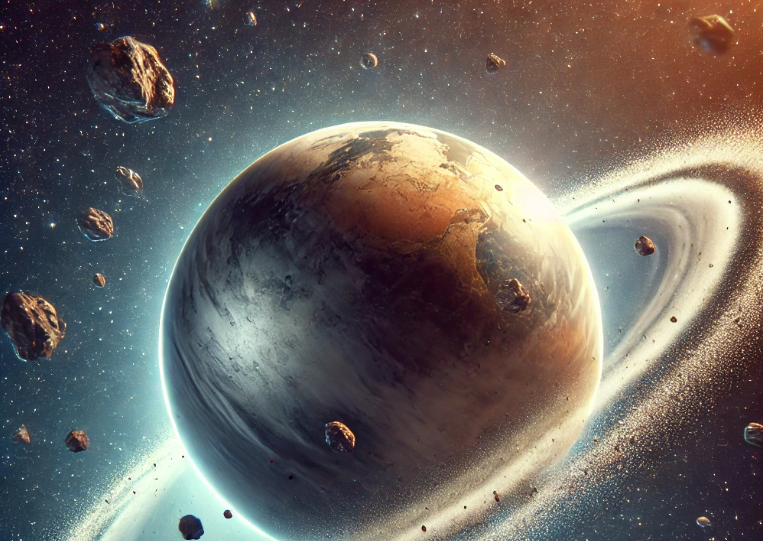 |
Why Is Earth Round?
When we look at Earth from space, we see that it is round. But why does our planet have this shape? The answer is gravity.
Gravity is a force that pulls objects toward each other. A planet’s grav...
|
| E-BOOK
|
|
| 46 |
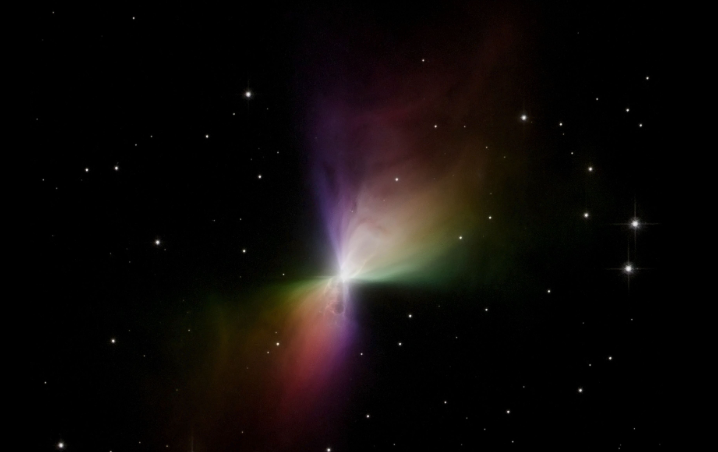 |
The Coldest Place in the Universe
Space is a very cold place, but some regions are colder than others. The coldest possible temperature is called absolute zero, which is -273.15°C. At this temperature, all molecular movement stops. S...
|
| E-BOOK
|
|
| 47 |
 |
What Happens Inside a Black Hole?
A black hole is one of the most mysterious and powerful objects in the universe. It forms when a massive star collapses, creating a region with gravity so strong that nothing can escape, not even ligh...
|
| E-BOOK
|
|
| 48 |
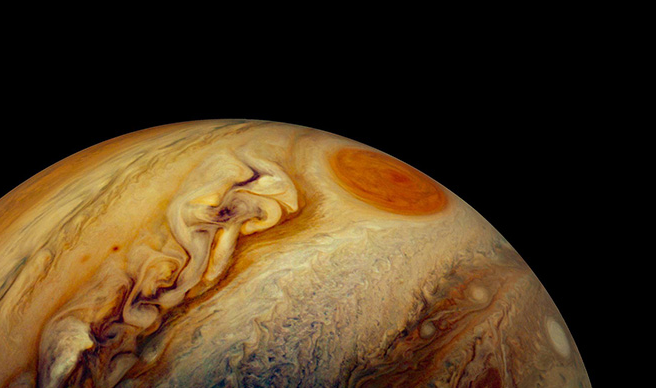 |
The Largest Storm in Space
Jupiter, the largest planet in the solar system, has the most powerful storm known as the Great Red Spot. This storm has been raging for over 350 years and is so huge that Earth could fit inside it tw...
|
| E-BOOK
|
|